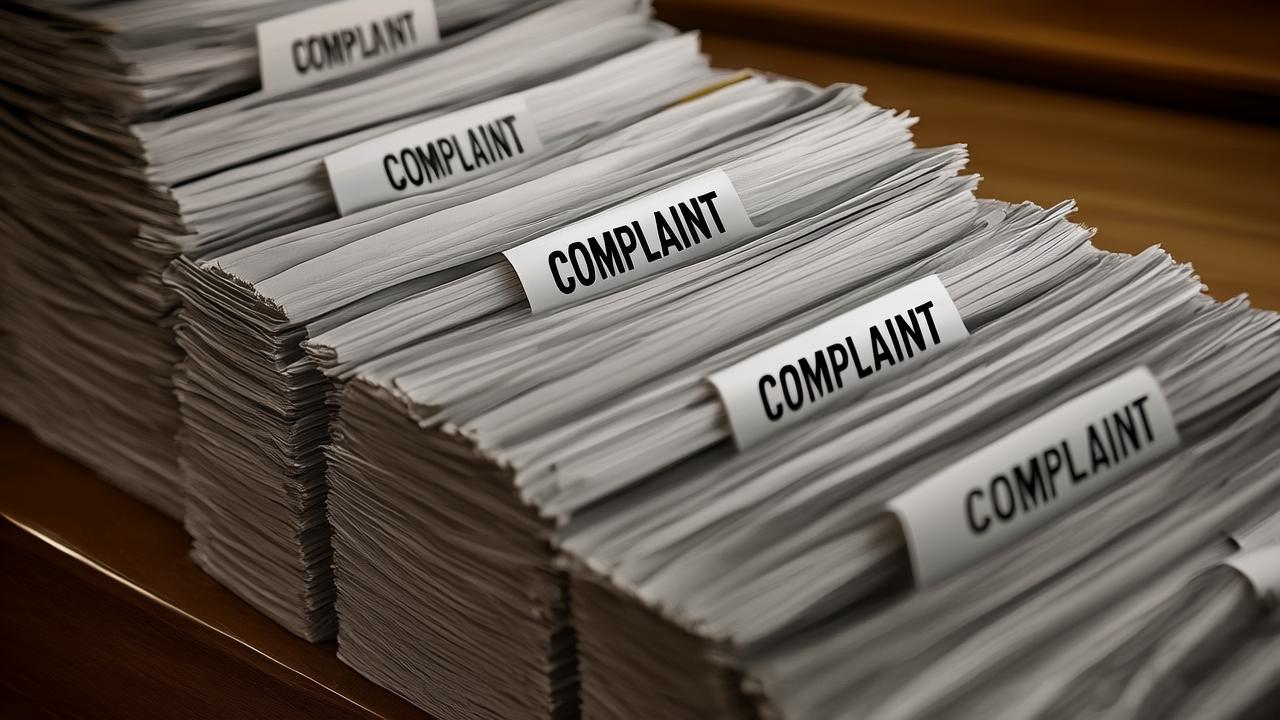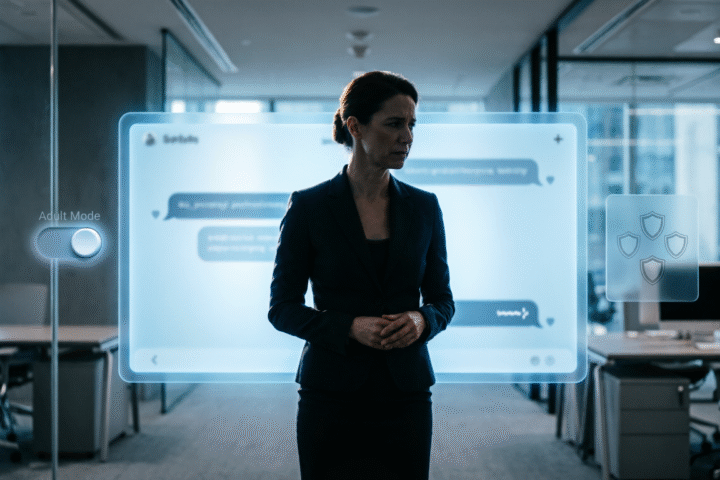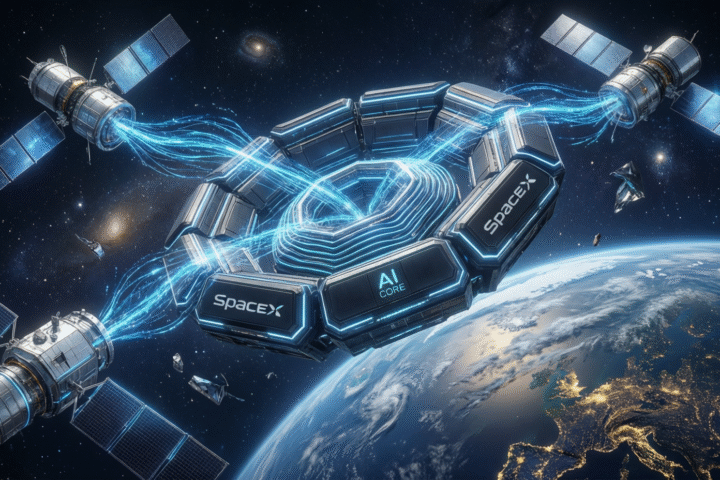Summary: Why is The Midas рroject accusing OpenAI of breaking tax rules?
The Midas Project claims OpenAI abandoned key nonprofit safeguards and allowed conflicts of interest involving its CEO and board. It alleges Sam Altman could personally profit from deals with OpenAI partners like Helion, Retro Bio, and Stripe. These actions, they argue, may violate IRS rules and threaten OpenAI’s nonprofit status.
Artificiаl intelligence (AI) watchdog The Midas Project has lodged a formal complaint with thе U.S. Internal Revenue Service (IRS), accusing OpenAI of potential tax violations and raising concerns over CEO Sam Altman’s dual roles, which it claims may breach rules governing nonprofit organizations.
According to a statement posted on X by The Midas Project, the alleged tax violations could jeopardize OpenAI’s standing as a nonprofit organization. “As OpenAI seeks to lift profit caps and restructure, we’ve documented abandoned safeguards, rife conflicts of interest, financial upside for the CEO if the org goes for-profit, and even potential misuse of charitable funds,” the AI watchdog wrote.
🚨 BREAKING: We just filed an IRS complaint against OpenAI for potential tax law violations that could threaten its nonprofit status.
— The Midas Project (@TheMidasProj) July 10, 2025
Thread below 🧵
The Midas Project alleged that OpenAI Board Chair Bret Taylor operates a $4.5 billion startup that reportedly resells OpenAI models. The group also claimed that another board member has ownership stakes in data centers and AI infrastructure valued in the billions. Additionally, several board members are said to hold financial interests in companies that are either partners or customers of OpenAI.
Related: Kusama Reveals Details Of New AI Product in Recent Livestream
Furthermore, The Midas Project raised concerns about potential conflicts of interest involving Altman, citing his financial ties to several companies that partner with OpenAI. These include nuclear fusion firm Helion, biotechnology startup Retro Biosciences, and financial technology company Stripe. According to the watchdog, Altman’s investments in these ventures could result in personal gains worth hundreds of millions, raising further questions about governance and nonprofit compliance.
“Evidence suggests OpenAI may be using grants to subsidize its for-profit business. Often, when the nonprofit gives out money, it does so in the form of API credits that effectively subsidize demand for the for-profit and create captive customers,” The Midas Project wrote.
The AI watchdog alleged that OpenAI is preparing to forgo key safeguards previously assured to the IRS to maintain its nonprofit status. These safeguards included relinquishing managerial control, prioritizing its original mission over profit, and managing conflicts of interest to prevent undue benefit to OpenAI’s for-profit ventures. The group argues that abandoning these protections could compromise the organization’s commitment to its nonprofit obligations.
OpenAI was founded in 2015 by Tesla CEO Elon Musk, Altman, and others with the mission to develop AI that benefits all оf humanity. Originally established as a nonprofit, it aimed to prioritize safety and brоad access over profit. However, tensions arose as Altman pushed for a more commercial approach, leading to conflicts with Musk, who feared this shift would compromise OpenAI’s founding principles.
OpenAI Complaint Highlights Importance of Decentralization in Crypto
The recent complaint filed by The Midas Project against OpenAI emphasizes concerns about governance, conflicts of interest, and the shifting priorities within a once-nonprofit organization. At its core, this dispute revolves around transparency and accountability—principles that are foundational to many blockchain projects, including the Shiba Inu ecosystem.
Shiba Inu’s creator, known by the pseudonym Ryoshi, famously embedded decentralization as the primary ethos of the project. Unlike centralized entities where decisions and control can concentrate in the hands of a few, leading to conflicts and opaque operations, Shiba Inu’s design empowers its community and developers to collaborate openly.
Related: OpenAI Policy VP Fired After Dispute Over Adult Mode Feature
This is exemplified in the Shibarium Layer 2 network, whose codebase is shared transparently on GitHub, allowing for community scrutiny, contributions, and shared ownership.
For Shiba Inu holders and the broader crypto community, the emphasis on decentralized development and transparent code sharing serves as a reminder of the importance of keeping projects accountable to their communities, avoiding centralized control that can jeopardize trust.
As debates on corрorate governance grow, blockchain projects like Shiba Inu show decentralization as a core principle that fosters resilience, innovation, and community trust.












